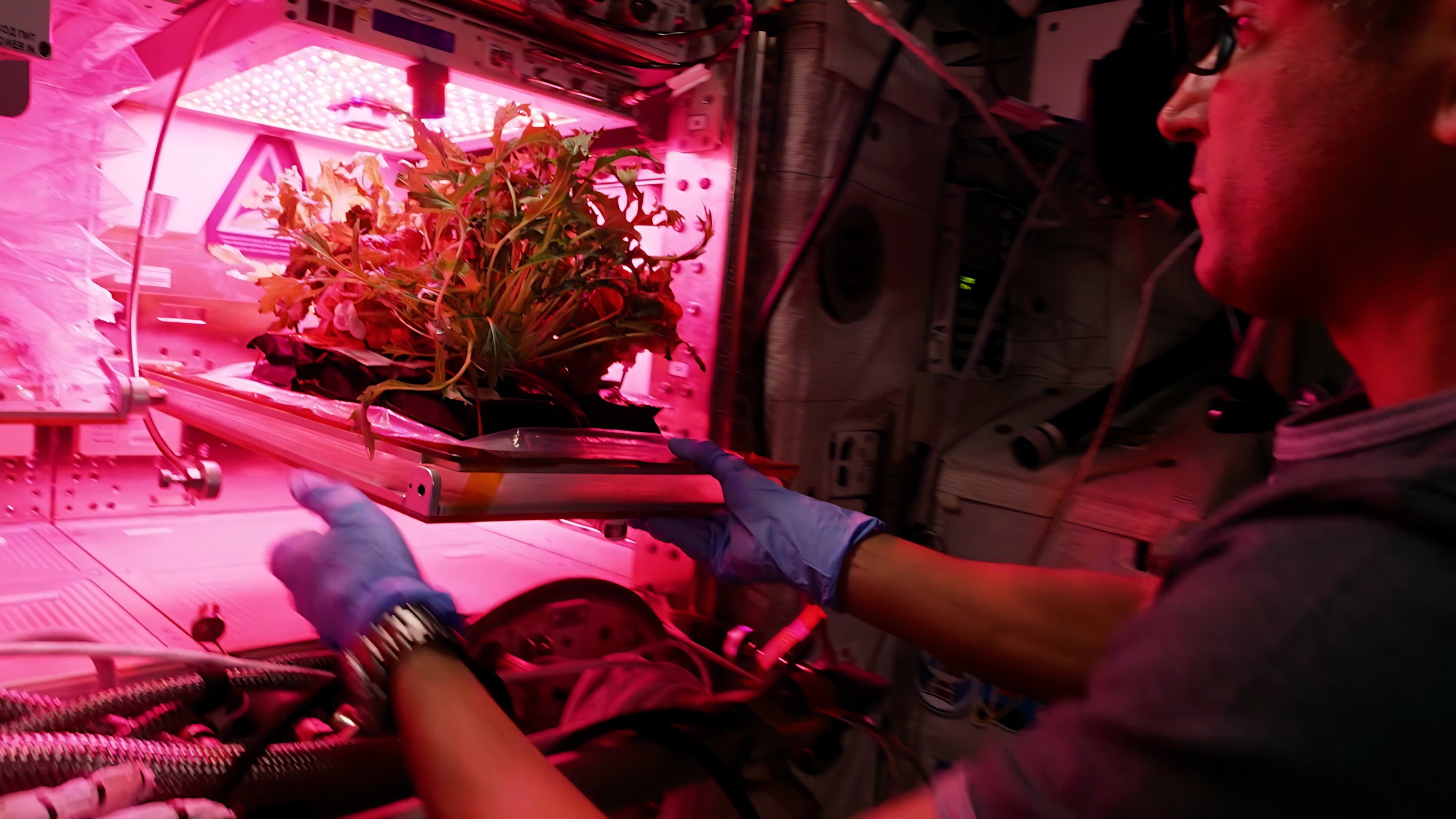An international team of experts has released guidelines to ensure research on commercial space flights doesn’t leave human ethics on the launch pad.
Commercial space travel has taken off in the last few years with companies such as SpaceX, Virgin Galactic and Blue Origin rapidly entering the race. Their billionaire owners — Elon Musk, Richard Branson and Jeff Bezos — are fiercely battling for space supremacy. Virgin Galactic has already launched three commercial flights since its first last June.
“To this day, only about 650 human beings have ever been in space,” says University of Alberta professor Timothy Caulfield, co-author of a paper called “Ethically cleared to launch? Rules are needed for human research in commercial spaceflight,” published last week in the journal Science.
“In the next 10 to 20 years, there will be thousands of people going into space — many of them civilians — largely driven by commercial companies,” adds the Canada Research Chair in Health Law and Policy.
U of A professor and self-described “space nerd” Timothy Caulfield talks about why he helped draft ethical guidelines for research on commercial space flights. (Video: Geoff McMaster)
Research on space flights sponsored by government agencies such as the National Aeronautics and Space Administration (NASA) has long been governed by norms, policies and national regulations, but “there are no clear frameworks that govern privately funded research with civilians on commercial space vehicles,” write the authors of the Science paper.
“What are the rules for someone who’s involved in a private company going to space?” says Caulfield.
“A NASA astronaut is obligated to follow research ethics rules because they are publicly funded initiatives. We’re now getting into a situation where it’s far less clear what rules need to be followed; we need to do research to make sure space flight is safe.”
In the absence of clear regulation, Caulfield and an international group of research experts — including bioethicists, health policy experts, space health researchers, commercial spaceflight professionals and government regulators — met late last year at the Banbury Center at Cold Spring Harbor Laboratory in Long Island, New York, to generate a series of guiding principles on how to make research in space safe, socially responsible and inclusive. Caulfield was the conference moderator and third author of the paper.
Their recommendations highlight four basic principles: social responsibility of research participants, scientific excellence in gathering research data, proportionality in balancing risks of space flight, and global stewardship in diverse participation.
As on Earth, so in space?
The authors also propose adopting existing terrestrial research practices and policies — including informed consent, data protection and steps to minimize health risks to participants — along with those that have long guided government-sponsored space exploration.
Enforcing best practices, however, can be complicated and messy, says Caulfield. While current rules governing international collaboration might offer some ethical guardrails, for example, the Biden administration announced last year that it will decommission the International Space Station as early as 2030.
The demise of the space station leaves it unclear whether ethical guidelines in international agreements such as the United Nations’ Outer Space Treaty — signed and ratified by 112 countries — will apply to human research sponsored by commercial firms.
One of the chief concerns Caulfield and his co-authors raise is that research conducted on Earth may pose “substantially increased risk” when conducted in space. Any such risk, they say, needs to be minimized and carefully weighed against its potential benefits to society.
“If you’re going to space, the research becomes that much more valuable — not just to spaceflight and space exploration, but to humanity more broadly,” he says. “It is our hope that knowledge created in space will have relevance to all of us.”
Crucial to get it right
Also of key importance is the quality of the research, he adds. Unlike some terrestrial research, there may be limited opportunities for experiments in space. So it’s crucial to get it right the first time.
“This is a high-risk venture, and if you’re going to put someone at risk in an already risky situation, you want to make sure it’s done well. Scientific excellence is a must in this situation.”
There should also be clear rules about sharing data acquired in commercial space research, write the paper’s authors. While there may be proprietary rights for private firms looking to secure a competitive advantage, that needs to be weighed against “the interests of society, future generations and other species, as well as of private interests to advance the science of safe human space exploration.”
Private companies representing the eight signatories of the 2020 Artemis Accords — Australia, Canada, Italy, Japan, Luxembourg, the United Arab Emirates, the United Kingdom and the United States — must commit to openly sharing scientific data, they say.
The accords require all activities in space to be conducted for peaceful purposes and in a fully transparent fashion, promoting the “best practices and norms of responsible behaviour that NASA and its partners support.”
The work informing “Ethically cleared to launch” was funded by the Translational Research Institute for Space Health at the Baylor Center for Space Medicine under the auspices of NASA’s Human Research Program.
